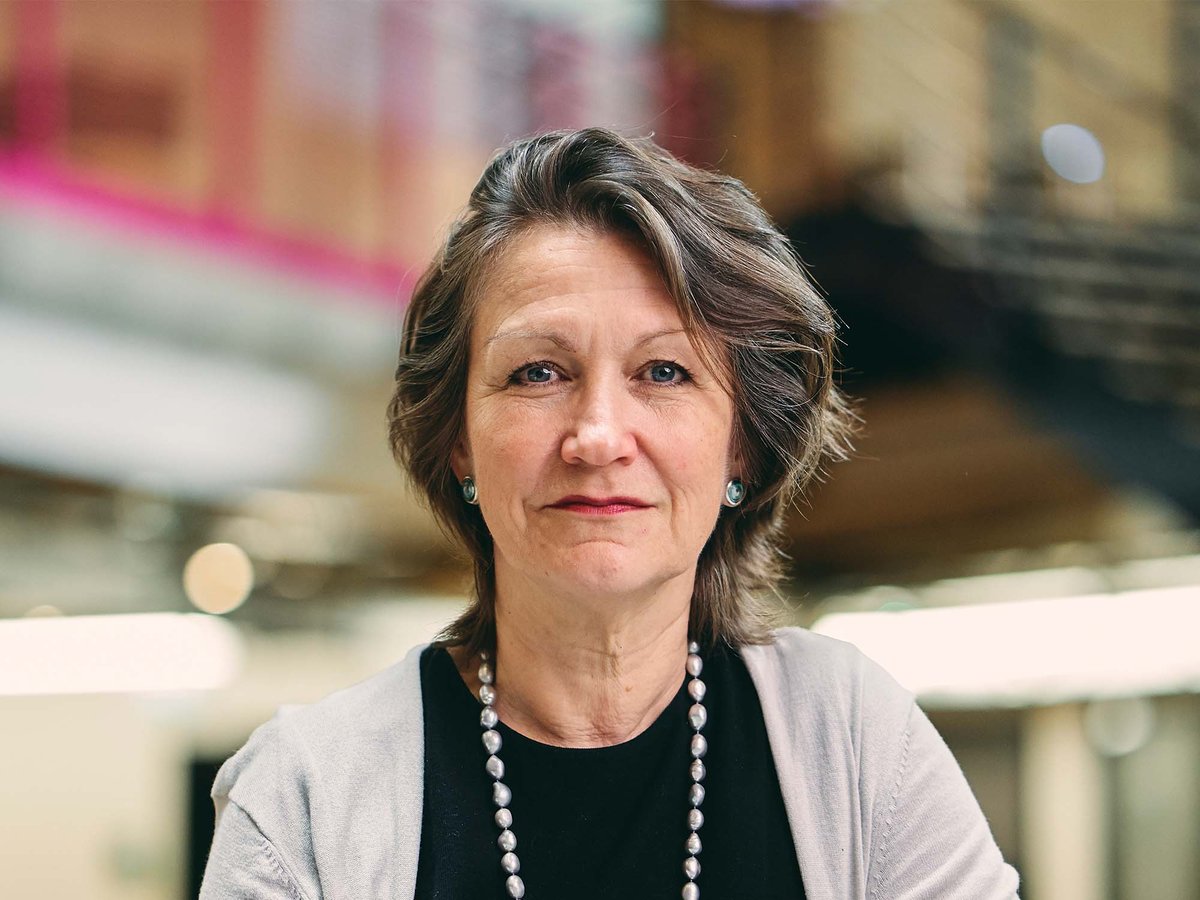This interview was co-authored by Megan Pantelides and Isabelle Green.
Susan Hooper is a co-founding director of Chapter Zero: The Directors’ Climate Forum, the chair of Caresourcer.com and EBS, as well as a NED of Uber UK, Moonpig, The Rank Group, and Affinity Water. She shares her thoughts on COP26, boards’ climate blind spots, and the action all directors should be taking.
What do you hope comes out of COP26?
COP26 is a milestone, but the challenge is: how do we start to make things happen? Expecting business people to go up a steep learning curve riddled with scientific jargon is a tall order. So I hope that governments can start to dictate more, and be willing to be temporarily unpopular. When people start to see change and its benefits, they will follow. The only politician I’ve seen really take action is Sadiq Khan; implementing the Ultra Low Emission Zone was highly unpopular, but it’s working. Companies are adapting.
I’m also hoping for less competitiveness and more collaboration on the solutions. When it comes to climate targets, it’s not about being better than anyone else, it’s about everyone being better. In a competitive world, real collaboration sits uncomfortably in most people’s portfolios. And yet, that’s what we’re going to have to embrace.
“When it comes to climate targets, it’s not about being better than anyone else, it’s about everyone being better.”
Why did you decide to get involved in Chapter Zero and advocate for climate action?
When we founded Chapter Zero I was sitting on six boards, and none of them had climate change on the agenda. When I was challenged on this, it really knocked me for six. I thought, “I have another 10 or 15 years as a non-executive. What better thing than to use the position of influence, plus the expertise I have from my experience on boards, to try and make a difference?”
What are boards’ biggest blind spots when it comes to climate change?
Even if boards now have climate change on the agenda, we haven’t embraced anywhere near the depth of change needed. It took a pandemic to achieve a 17% reduction in global carbon emissions in 2020 — but we’ve already surged back to levels higher than 2019. We’ve not changed. And it’s because we’re dealing with this as if it’s just another problem of stakeholder management, when really it needs decisive leadership and deep, incisive change.
“Even if boards now have climate change on the agenda, we haven’t embraced anywhere near the depth of change needed.”
The good news is that there are many opportunities — but boards aren’t talking about them yet. The knee-jerk reaction is: “Climate change is going to cost us. Where am I going to get the money from?” That’s simply wrong. Companies that took the plunge ten years ago are now reaping the benefits in terms of cost, and their ability to attract employees and customers. We need more companies to look at the opportunity — both cost and innovation.
How can directors tackle these blind spots?
First and foremost, ask: Do you have the right CEO? Because the reality is, if your CEO doesn’t embrace action on climate change to ensure the long term value of the company, you might as well move on. Investors have galvanised boards to look at this issue. Banks are going to withhold loans to companies that don’t adhere to certain standards. You, as a board member, have a responsibility to make sure you have a CEO who can lead you through uncertainty and get you to the other side in the right place for the low-carbon future.
“You, as a board member, have a responsibility to make sure you have a CEO who can lead you through uncertainty and get you to the other side in the right place for the low-carbon future.”
Secondly, we need to have more non-executive directors involved in shaping climate strategy, not just approving. This is atypical for boards, but we don’t have time for back-and-forth between the executive team and the board. We have to set off in the right direction from the first move.
And then, boards need to hold their executive teams accountable — by linking compensation and performance measurement to the delivery of the organisation’s corporate (which is the same as climate) strategy. We don’t have the luxury of time, and boards need to be using the powerful levers available to them to drive action.
“We don’t have the luxury of time, and boards need to be using the powerful levers available to them to drive action.”
And finally, what challenge would you pose to your peers following COP26?
Act. Get going. Ask if you’re doing everything you can. Recognise that you will have to change, and change is hard to get comfortable with for many. If you’ve learned how to succeed in business, you’re capable of learning how to deal with this. So just get on with it.
Click here to find out more about Chapter Zero’s events and resources for NEDs, and to become a member.
Want early access to new features and research insights? Register for our newsletter to get notified before everyone else.
Be first to try


